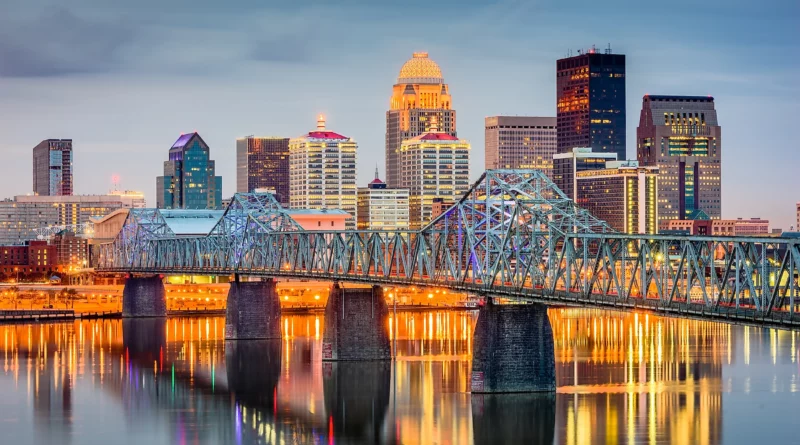History Of Louisville Kentucky
Louisville, Kentucky, a city known for its charm, warmth, and vibrant culture, is steeped in a fascinating history that dates back centuries. Nestled along the Ohio River, Louisville has played a significant role in shaping the cultural, economic, and social landscape of Kentucky and the entire United States. From its humble beginnings as a small settlement to its rise as a bustling metropolis, let’s embark on a journey through time to explore the captivating history of Louisville.
Early Settlement and Founding of Louisville
Louisville traces its origins to 1778 when George Rogers Clark, a Revolutionary War hero, established a settlement named “Louisville” in honor of France’s King Louis XVI. The strategic location along the river facilitated trade and transportation, leading to the rapid growth of the town.
The Steamboat Era
During the 19th century, the introduction of steamboats revolutionized river travel, propelling Louisville into a thriving hub of commerce. The city became a key stop along the Mississippi River and witnessed remarkable economic growth. Louisville’s strategic location and the Kentucky Derby, established in 1875, further contributed to its prominence and allure.
Civil War and Louisville Reconstruction
The Civil War brought both challenges and opportunities to Louisville. Despite being a border state, the city remained under Union control, becoming a crucial supply base for the Union Army. After the war, Louisville witnessed a period of reconstruction, which fueled industrialization and urban development.
Cultural and Sporting Legacy
Louisville’s cultural heritage shines through its vibrant arts scene and its enduring love for sports. The city became renowned for its bourbon distilleries, hosting the Kentucky Bourbon Festival, an event that celebrates the iconic spirit. Louisville’s connection to the equestrian world remains unbroken, with the Kentucky Derby taking place annually at Churchill Downs since its inception.
The Civil Rights Movement
Like many cities in the United States, Louisville faced the challenges of the Civil Rights Movement. Prominent African American figures such as Muhammad Ali, a Louisville native, played a pivotal role in advocating for racial equality and social justice. Today, their legacy is honored through various museums and monuments in the city.
Modern Development and Revitalization in Louisville
In recent decades, Louisville has experienced a significant revitalization, embracing its heritage while embracing modernity. The city’s downtown area underwent extensive redevelopment, transforming into a thriving cultural and entertainment district. Attractions like the Muhammad Ali Center, Louisville Slugger Museum & Factory, and the Frazier History Museum pay homage to the city’s diverse past.
Conclusion
The history of Louisville, Kentucky, is an extraordinary tale of resilience, progress, and cultural richness. From its early settlement and growth as a major river trade center to its contributions during pivotal moments in American history, Louisville continues to captivate visitors with its unique blend of tradition and innovation. As you wander through the streets of this vibrant city, take a moment to appreciate the layers of history that have shaped Louisville into the dynamic metropolis it is today.
Discover more from City Towner
Subscribe to get the latest posts sent to your email.




